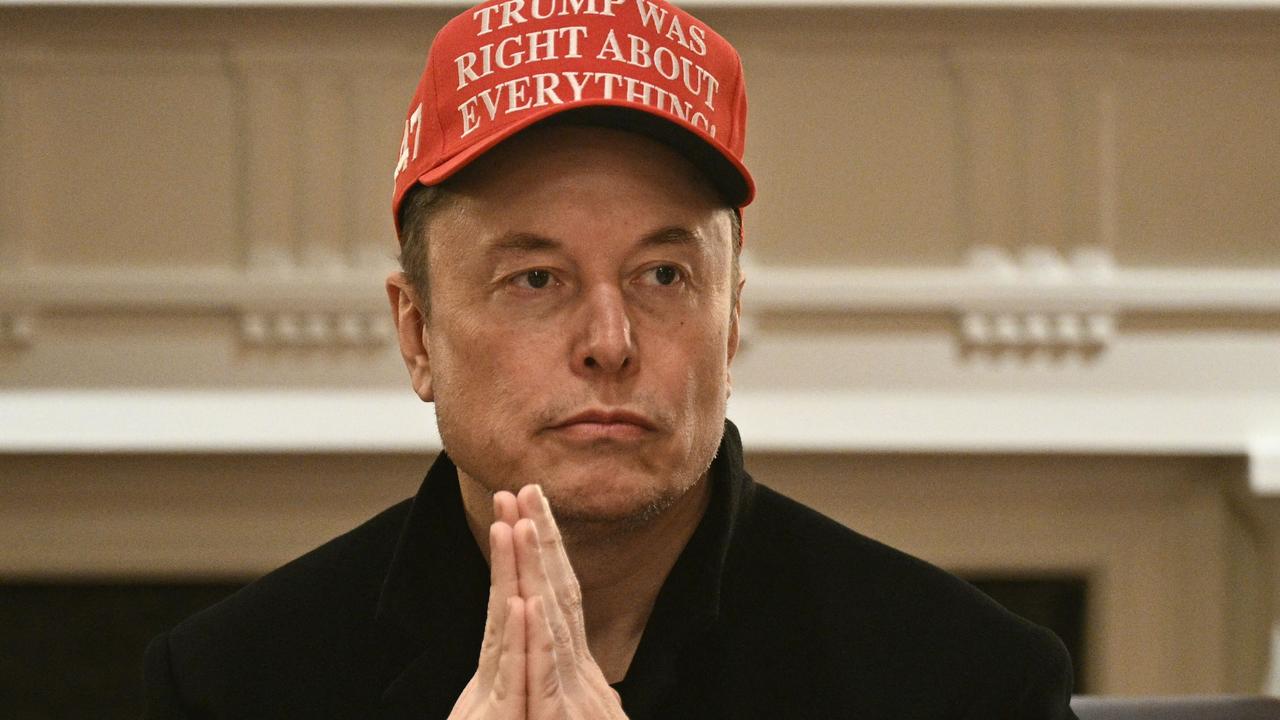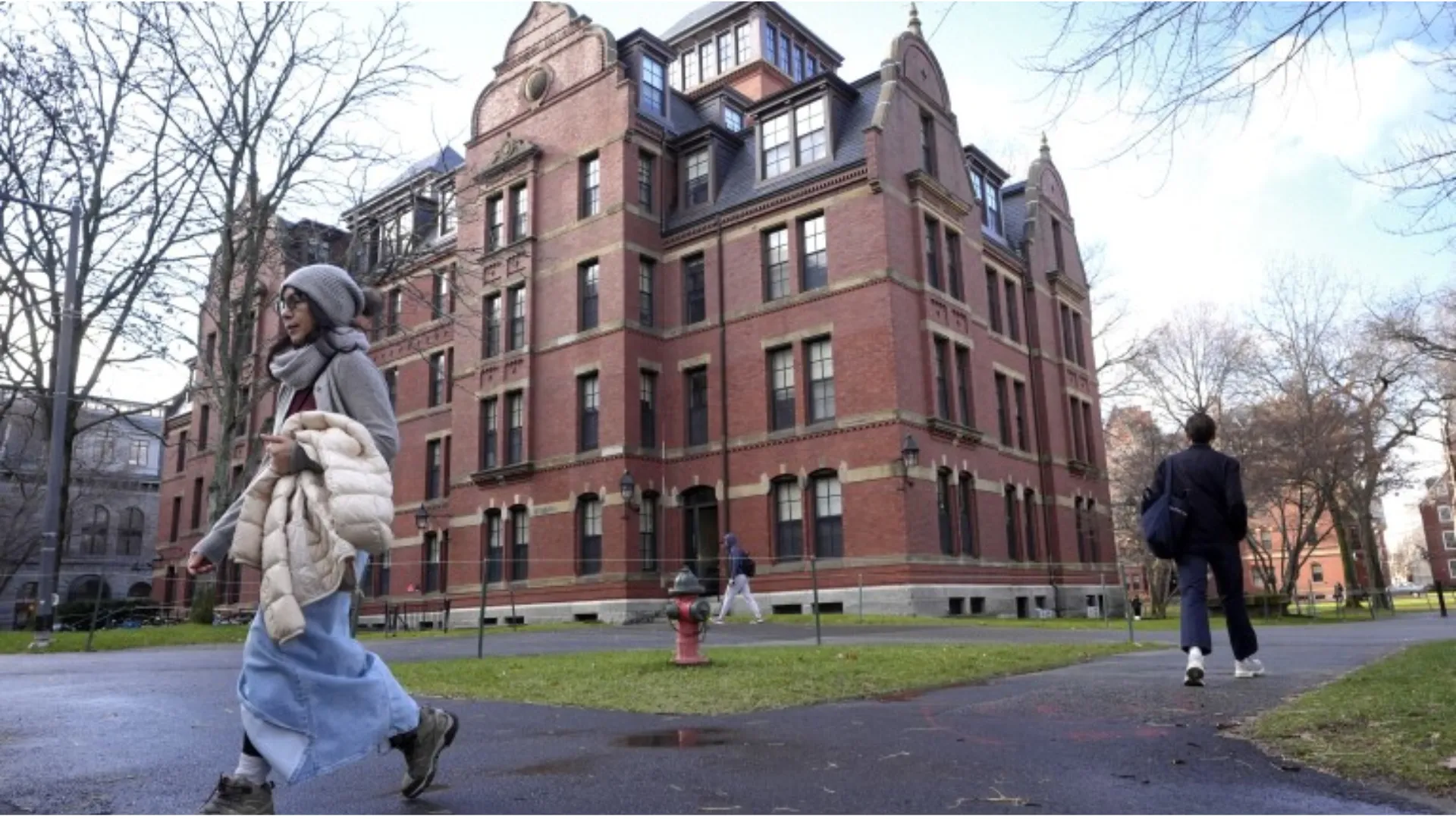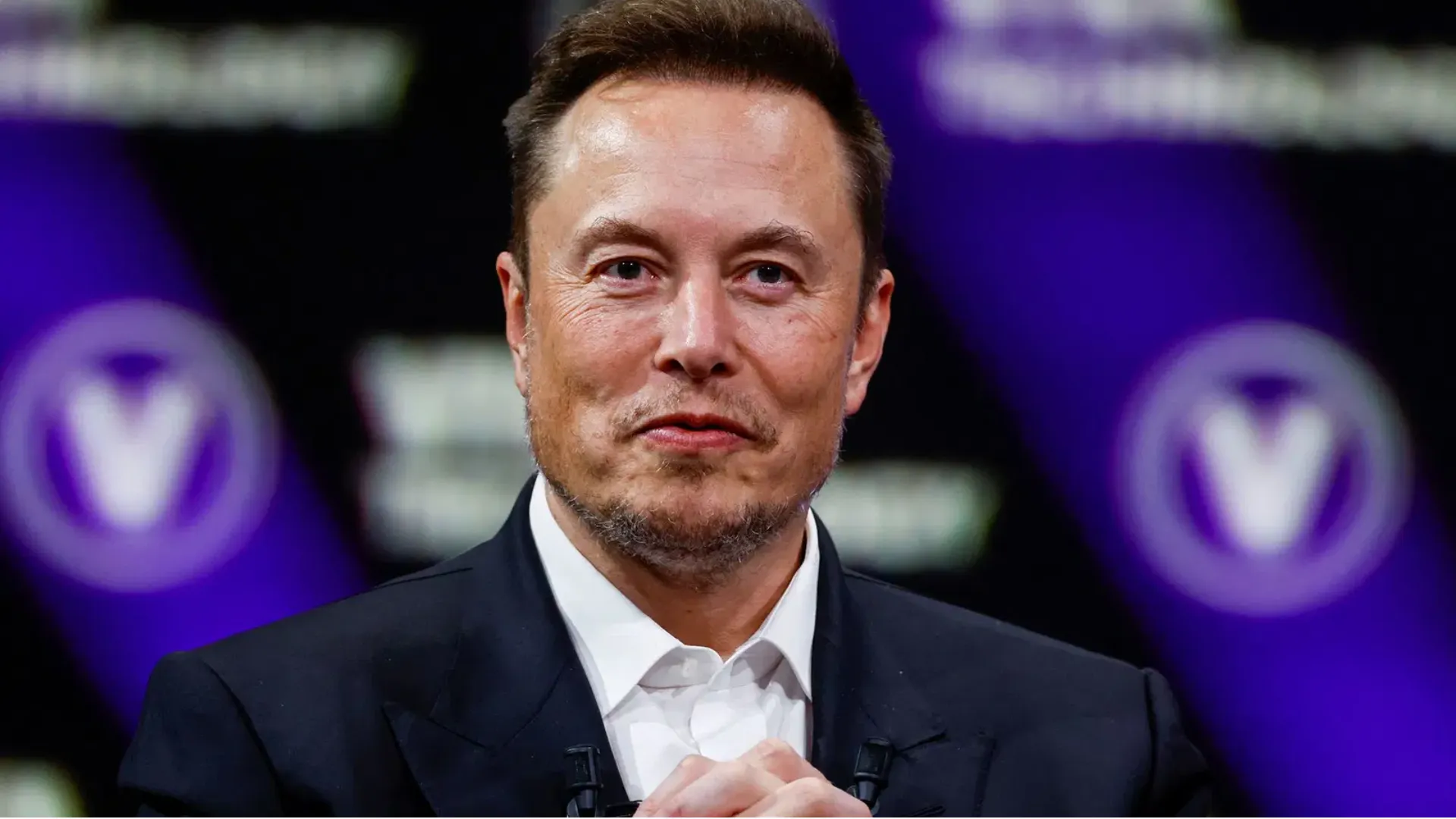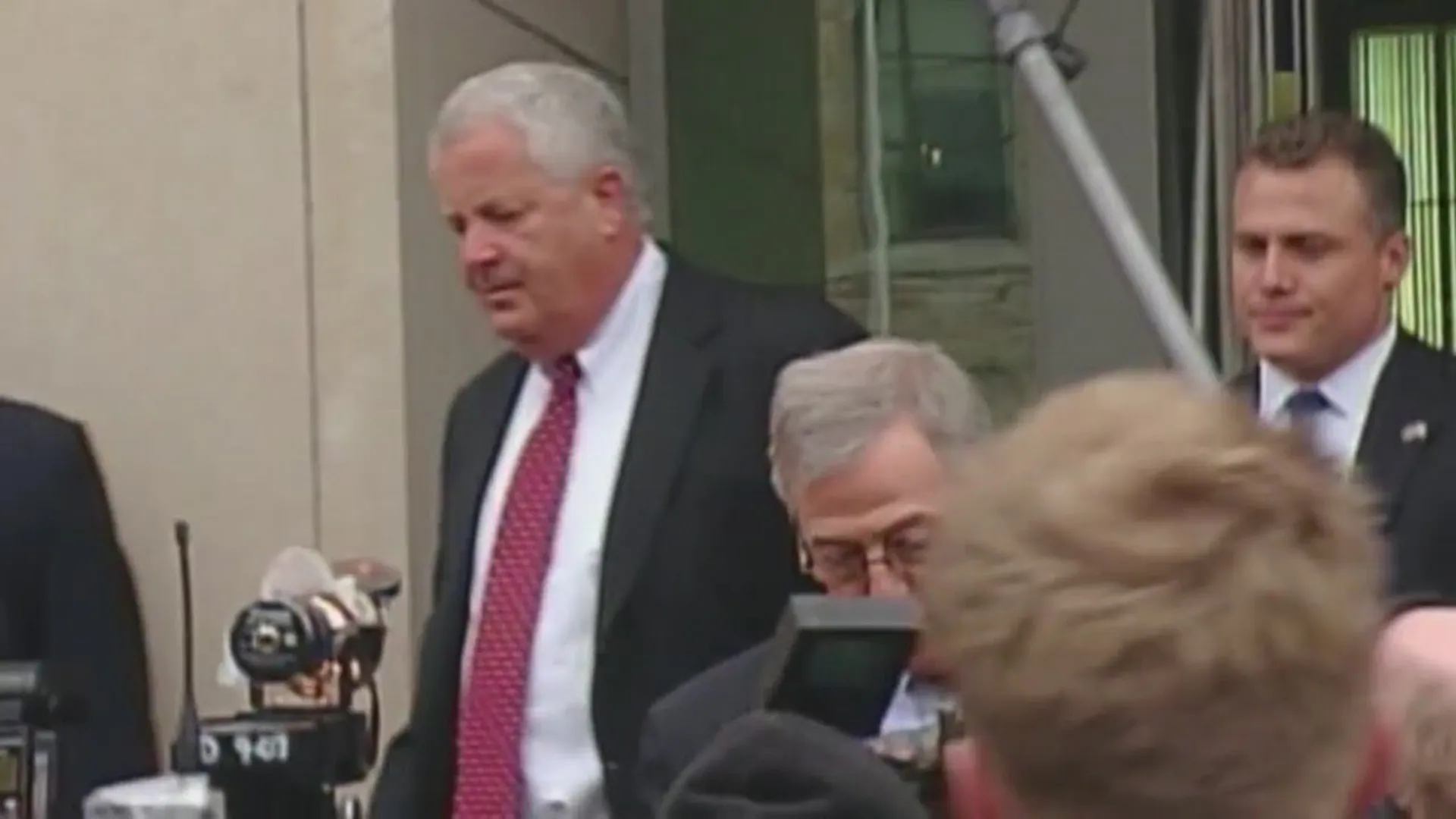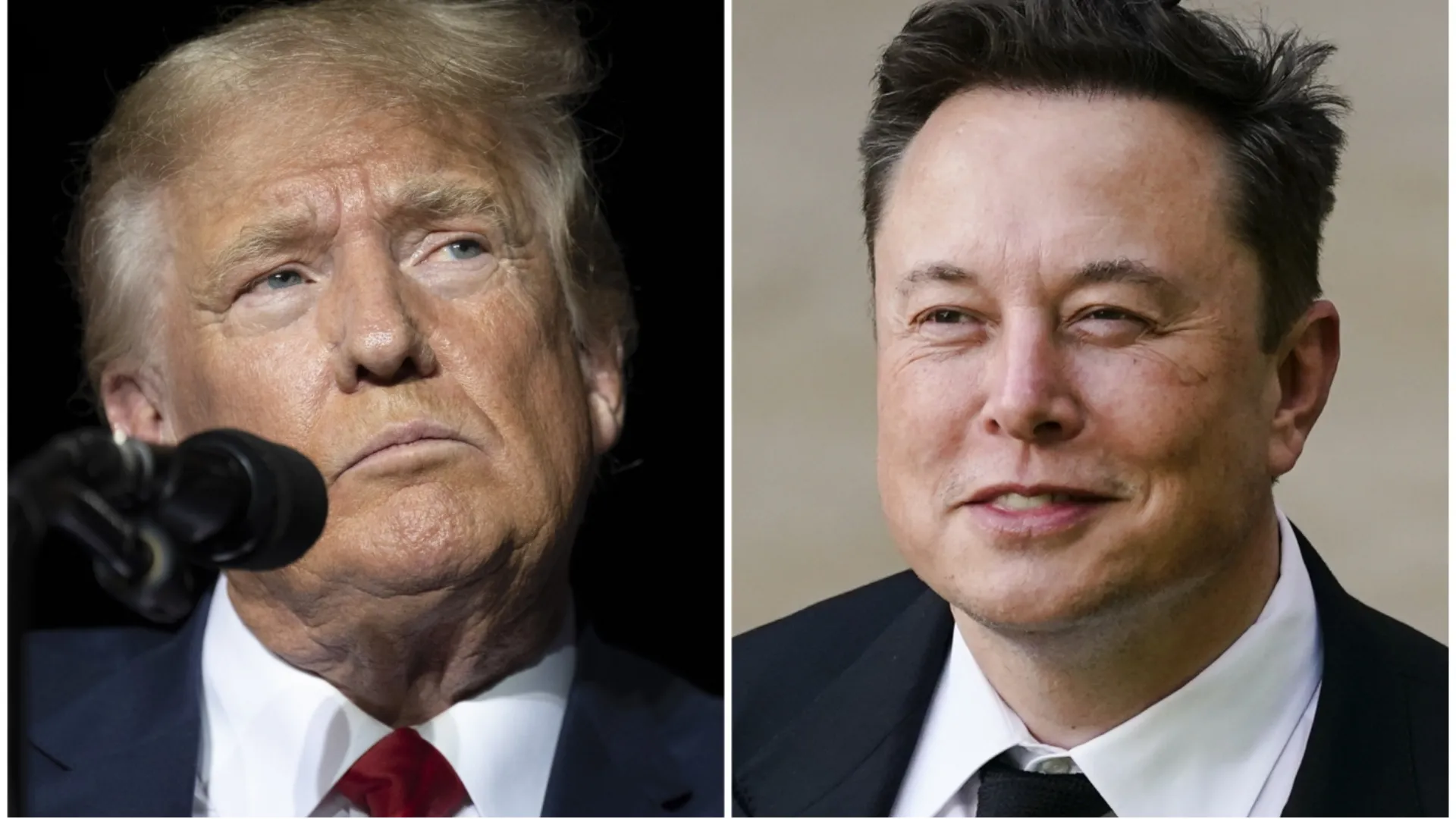The honeymoon between Elon Musk and the Trump administration may be showing signs of fatigue as senior officials increasingly express irritation, exhaustion, and even disbelief over the Tesla and SpaceX CEO’s behavior since taking the reins of the Department of Government Efficiency (DOGE).
Once hailed by President Donald Trump as the outsider genius who would “disrupt” Washington and rid it of bureaucracy, Musk now finds himself the subject of eye rolls, whispered nicknames, and very public frustration from inside the very government he was meant to streamline.
“He’s just the most irritating person I’ve ever had to deal with,” a senior Trump administration official told Rolling Stone last week. “And that is saying something.”
It was supposed to be a bold experiment: bring in Silicon Valley’s biggest personality to cut red tape, trim the federal workforce, and inject innovation into America’s vast bureaucratic machinery.
Instead, it’s become something of a tragicomic reality show inside the halls of power—complete with livestream flops, game consoles in federal offices, and DOGE interns threatening to “call Elon” when their new government overlords won’t get their way.
As one State Department official put it: “He’s our Crazy Uncle Elon. Except instead of showing up to Thanksgiving with conspiracy theories, he’s showing up to Cabinet meetings with a VR headset and 30 questions about missile command.”
Launched in early 2025 as one of President Trump’s flagship second-term initiatives, the Department of Government Efficiency was envisioned as a sleek, tech-savvy agency designed to audit federal agencies, slash unnecessary costs, and streamline services.
At its helm, Trump placed Elon Musk—a longtime supporter, social media lightning rod, and self-styled savior of modern industry.
Initially, the move thrilled Trump’s base and business conservatives eager for government reform. Musk was seen as someone who could bring the efficiency of a tech start-up to the grinding gears of federal bureaucracy.
But within months, DOGE has become synonymous not with reform but with chaos.
According to numerous insiders, Musk’s bizarre sense of humor, lack of understanding of government processes, and often erratic behavior have turned Cabinet meetings into punchlines and transformed DOGE into a source of dread across agencies.
“I’ve been in the same room with Elon,” said one White House official. “He always tries to be funny. And he’s not funny. Like, at all.”
What’s worse, said the official, is that Musk apparently expects his jokes—often arcane tech memes or pop culture references—to land. “He smiles after he says something weird, like he's waiting for the laugh. And when you don't give it to him, he looks… hurt.”
Another insider likened interactions with Musk to “listening to rusty nails on a chalkboard,” while others said they’d walked out of meetings in frustration or even suspicion. One high-ranking official confided to Rolling Stone that Musk’s behavior was so unpredictable, “we’ve had people seriously wonder if he was on drugs.”
Musk’s lifestyle, which has long invited speculation due to his hyperactive social media presence and unpredictable statements, has come under renewed scrutiny. Some within the administration have reportedly suggested mandatory drug testing—ironically, something Musk himself proposed for all federal workers earlier this year.
Though Musk has denied ever using illegal drugs, citing his frequent testing at SpaceX, unnamed sources told The Wall Street Journal that he’s been seen using LSD, cocaine, Ecstasy, and mushrooms in private social settings.

An attorney for Musk flatly denied the claims and reaffirmed that Musk “has never failed a drug test.” Still, the rumors persist—especially after Musk stormed off a recent livestream gaming session after being relentlessly trolled by users accusing him of drug use, loneliness, and insecurity.
“YOU HAVE NO FRIENDS AND YOU WILL DIE ALONE,” read one of the more viral comments during his failed Path of Exile 2 stream.
The livestream, broadcast from Musk’s private jet mid-flight, abruptly ended after Musk allegedly threw his gaming laptop at a flight attendant, according to two people with knowledge of the incident. Musk later blamed “connectivity issues.”
Beyond his own behavior, Musk’s influence is most visible in the wave of twenty-something tech acolytes DOGE has parachuted into federal agencies. Referred to internally as the “Nerd Army,” these young staffers—many of them fresh out of coding boot camps or former SpaceX interns—have gained a reputation for arrogance, secrecy, and a maddening habit of invoking Musk’s name when challenged.
“They show up, demand full system access, and if anyone hesitates, they just say, ‘We’ll escalate to Elon,’” said one Department of Defense employee. “Which, first of all, isn’t a thing. And second of all, what do they think this is? Slack?”
In one surreal episode, DOGE operative Chris Stanley tripped a silent alarm while trying to install a Starlink terminal on the roof of the White House. According to Secret Service sources, the resulting standoff nearly led to a lockdown of the West Wing. Stanley reportedly explained he was “boosting bandwidth for gaming.”
Musk has also installed Starlink terminals across the White House campus without full approval, adding to concerns about surveillance and data integrity. According to sources, DOGE staffers have used AI tools to monitor internal communications for criticism of Musk—further inflaming tensions with career civil servants.
“Why do these f---ing kids know this?” asked one baffled DoD official after a DOGE intern inquired about the “Golden Dome,” a classified space-defense concept.
Not content with disrupting only digital systems, Musk has reportedly transformed his office in the Eisenhower Executive Office Building into a hybrid gamer’s paradise and executive lair.
Located just steps from the West Wing, Musk’s setup includes a “massive” television, high-end gaming PC, and, apparently, a couch he occasionally sleeps on after marathon gaming sessions.
Also often present in the office is Musk’s four-year-old son, X Æ A-Xii, who is said to wander the corridors and occasionally interrupt briefings by asking to play Fortnite on Musk’s laptop.
“We had to pause a Homeland Security update because the kid asked the president if Pikachu was real,” said one amused staffer.
Despite the absurdity, few dare confront Musk directly. His proximity to the president and command over DOGE have largely insulated him from consequences. But the resentment is bubbling to the surface.
Secretary of State Marco Rubio, for instance, has reportedly reached his breaking point. According to State Department insiders, Rubio has “a visceral dislike” of Musk, referring to him in private as “that Space Weirdo.” Others around the Cabinet table share the sentiment.
The mocking nickname “Crazy Uncle Elon” has become standard among mid-level aides, often used to explain away his more outlandish behavior—like wearing a cheesehead hat at a Wisconsin rally or offering unsolicited, hour-long soliloquies about colonizing Mars during policy briefings.
Tensions reached a new high in February when Musk issued a blanket order to all federal employees: send him “5 bullets of what you accomplished last week” via email, or risk termination. Almost immediately, his inbox was leaked online.
What followed was predictable, profane, and—depending on your perspective—either hilarious or deeply concerning. Musk received thousands of prank emails, including one with nothing but a picture of someone’s rear end and the message: “This is my contribution.”
One departing federal worker said they had no regrets. “I know Elon probably won’t see it, but I really hope he sees it,” they said, moments before sending the now infamous photo and resigning.
According to Rolling Stone, Musk spent three days after the leak “in a weird mood,” canceling meetings, blasting industrial techno music in his office, and “rage-quitting” a government Zoom call when someone mentioned “banana peels.”
As Musk’s tenure at DOGE stretches into its fourth month, the White House finds itself locked in a paradox. Musk remains one of the most powerful unelected figures in the federal government.
His access to the president, his role in reshaping how agencies operate, and his relentless stream of ideas—some brilliant, others baffling—make him too big to ignore.
But increasingly, he’s also too much to handle.
“He came here to cut waste,” said one senior official. “And he’s created more of it than anyone else. The real irony? DOGE was supposed to streamline government. Now half of Washington’s just trying to figure out how to work around Elon Musk.”
Whether his act wears thin enough for Trump himself to pull the plug remains to be seen. But one thing is certain: if this administration wanted to inject some excitement into the federal workforce, it succeeded—just maybe not in the way anyone intended.




